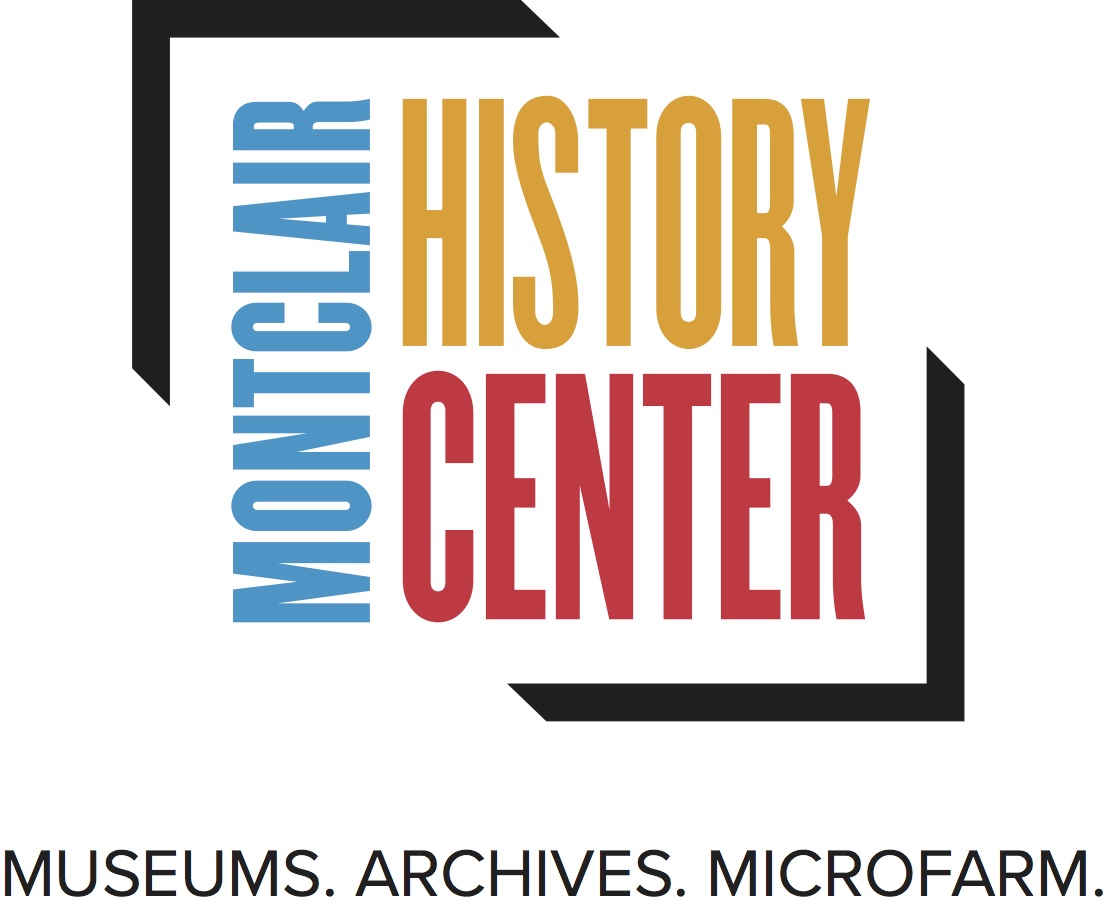In 2018/2019, as part of Montclair’s 150th Anniversary, the Montclair History Center invited long-time Montclair residents to share their recollections of earlier times in Montclair. We hoped to interview 20-30 individuals. By the time we wrapped up, we had over 60.
This project was funded by the New Jersey Council for the Humanities (a state partner of the National Endowment for the Humanities). Interviews were conducted with the assistance of Montclair resident and Professor Dr. Christopher Matthews from Montclair State University.
In this post, we are sharing a link to the interview summary and audio file for the following interviewees:
Joseph Attamante –Mr. Attamante shares stories of his childhood on Cherry Street near the Lackawanna Plaza (a street eliminated as part of late 1960s urban renewal) and later on Midland Avenue. He discusses the diversity of the town, provides details on his family which hailed from Lacedonia, Italy, and remembers three Montclair men who had a big influence on him: his uncle, Montclair Town Council member Ralph D’Andrea, a neighbor, and a teacher.
Samuel Debnam – Born in 1921, Mr. Debnam shared first-hand observations of the changes in Montclair brought by the civil rights movement, including the integration of the police and fire departments and the introduction of the magnet school system. He touches on his service in WWII. His post-war careers in watch making and sales, as well as the catering business he and his wife operated, made him well-known to many in Montclair. He broke several color barriers himself, becoming the first Black member of the Montclair Kiwanis Club and its first Black president. He explained why he thought Montclair was a very good place to live.
James Eason - Mr. Eason recalls his Maple Avenue neighborhood, the close-knit community, and his active days in the Montclair Public Schools, including K-9 at Glenfield School. He also mentions the importance of the Washington Street YMCA and the time he saw Jackie Robinson. He recounts being drafted into service during Vietnam and remembers that there was no discrimination in his unit, as every soldier regardless of race was working to keep each other alive; a bond that he also witnessed between white and Black athletes on sports teams. But he recounts discrimination experienced elsewhere, including the tracking system in the public school system. He fondly remembers and had been involved in town-wide events such as the Fourth of July activities.
Barbara Grieco [1930-2020] Ms. Grieco was the youngest of 10 children born to Italian immigrant parents. She describes growing up in Montclair, emphasizing a happy family life and a wonderful education in the Montclair public schools. Barbara was a history teacher for 39 years. Always athletic, Ms. Grieco remained active and social throughout her life. She tells us quite a bit about her sister, Rose Grieco, who was a talented performer; Rose is also remembered for the ghost stories she told the children and the other activities she led at her summer job at the neighborhood Rand Playground. Barbara and other siblings were involved in an international folk dancing and performing group that Rose established. The group performed extensively, including at several prestigious festivals and, in 1988, for President Ronald Reagan.
Stuart Keil – Mr. Keil’s grandparents immigrated to the U.S. from Poland/Russia in the 1920s and changed the family surname from Kuchen to Keil. Like many immigrants, including Jews, whose employment options were limited by discrimination, his forefathers established retail businesses. He talks of growing up in his father’s business, Keil’s Pharmacy, on Valley Road in Upper Montclair and how their retail establishment fared during WWII and as the pharmacy industry changed over time. He shares his experiences growing up Jewish in Montclair. He also tells of his long history with the Rotary Club of Montclair, identifying some of the organization’s many good works. He explains why he considers the establishment of the magnet school system to have been one of the most positive developments for the town. He is proud of Montclair and any part he played to make it a better place.
Roger and Sandra Terry – Following in the footsteps of their elders, these siblings elaborate on how the family prioritized giving back to the community: Roger was a Montclair police officer (ultimately the Deputy Police Chief) and Sandra was an early childhood educator. They share information about their grandparents arriving in Montclair during the Great Migration from the south, the family’s early involvement in St. Mark’s Church and the NAACP, and their parents’ roles in the community. They also explain the family’s connection to tennis pro Althea Gibson. They elaborate on the advantage of growing up in a diverse town like Montclair, reminisce about the role of neighborhood parks in the summers of their childhood, and discuss the introduction and impacts of the magnet school system.
Anne Purdue Von Hoffman – Ms. Von Hoffman (born in 1928), along with her older brother Robert Perdue (who accompanied her in this interview) and her twin sister, Jean, grew up in Upper Montclair. They recall many neighborhood stores where they shopped and worked as they grew up and started their own families. Their family business, Perdue Radio, on South Park Street sold radios and TVs. After the Depression, she remembers sneaking into large abandoned homes on Upper Mountain Avenue to look around. During WWII, her father was a blackout warden, walking around to make sure each home’s shades were pulled down and that the blackout regulations were observed. Anne also speaks of her five children.
These oral histories are an expression of the views, memories and opinions of the interviewee. It does not represent the policy, views, or official history of the MHC.
